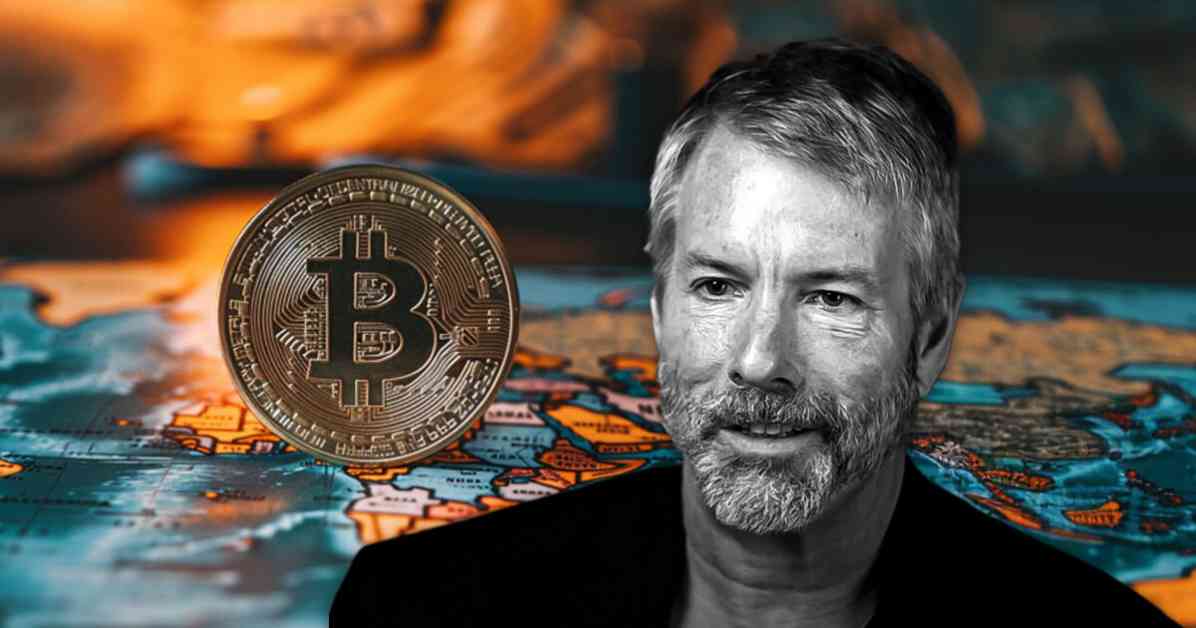MicroStrategy’s executive chair, Michael Saylor, recently made headlines by changing his stance on self-custody, declaring it a fundamental right for all individuals and institutions. In a statement, Saylor emphasized that the freedom to choose the form of custody should be available to everyone, highlighting the importance of this right in the world of cryptocurrency.
This shift in Saylor’s position came after facing criticism from industry experts, including Jameson Lopp and Vitalik Buterin. Lopp, co-founder and Chief Security Officer of CasaHODL, argued that self-custody is crucial for the long-term health of the Bitcoin network, as it prevents centralization and ensures that individuals have control over their assets. Buterin, co-founder of Ethereum, labeled Saylor’s comments as “insane,” pointing out the risks of trusting regulated entities with crypto assets.
Other prominent figures in the Bitcoin community, such as Jack Mallers and Adam Back, also voiced their support for self-custody, underscoring its role in promoting financial freedom and decentralization. By allowing individuals to control their own assets, self-custody plays a vital role in strengthening the entire network and ensuring that Bitcoin remains true to its ethos.
Saylor’s clarification on self-custody reflects a broader debate within the cryptocurrency space about the balance between regulation and individual control. As the industry continues to evolve, the question of who should have custody of digital assets remains a contentious issue, with implications for both investors and the broader ecosystem.
Ultimately, Saylor’s support for self-custody as a fundamental right serves as a reminder of the core principles that underpin the cryptocurrency movement. As the industry grapples with issues of regulation and centralization, the importance of individual autonomy and control over assets remains a central theme in shaping the future of digital finance.

















